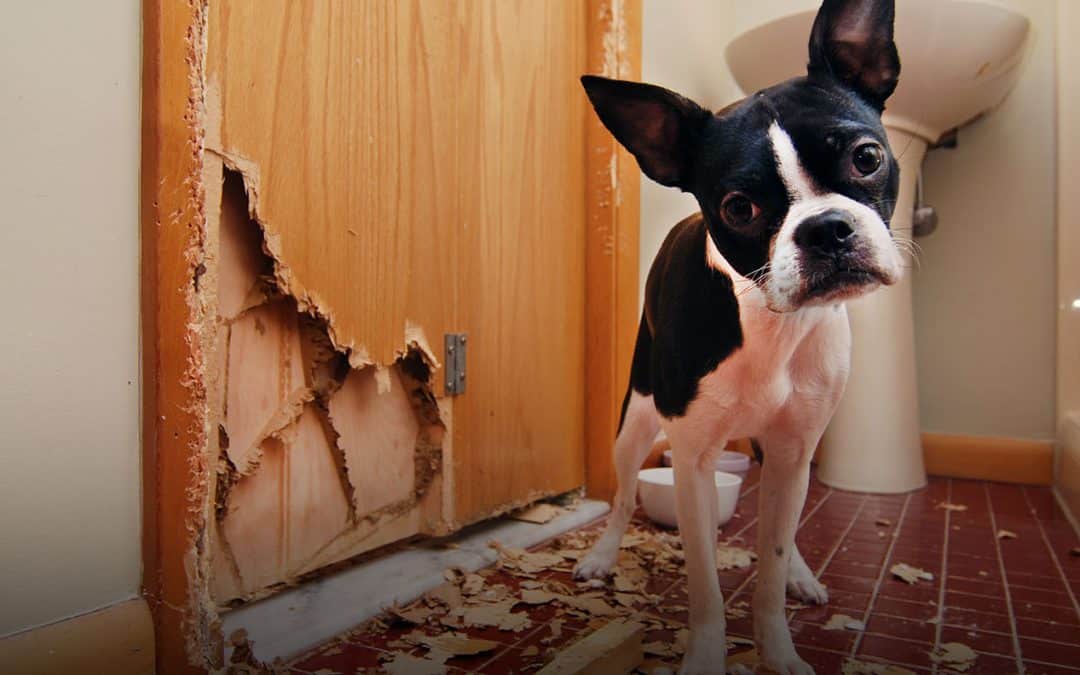What drives up the cost of your car insurance and costs drivers BILLIONS of dollars almost every single year? If you guessed car insurance fraud…you are correct. So what is car insurance fraud?
What is car insurance fraud?
Car insurance fraud at its most basic level is when someone tries to trick car insurance companies for financial gain. This can be anything from lying about extra damage to a vehicle after an accident, to elaborately staged multiple car accidents.
Even if you’re an honest driver, car insurance fraud still affects you because part of what you pay for car insurance is determined on claims and losses. The more claims filed in a particular area, the higher your car insurance premium may be.
What are examples of car insurance fraud?
Car insurance fraud, as mentioned above can be anything from a small white lie to an elaborately staged multi-car accident. Either way, it’s a form of deception carried out for financial gain.
Here are a few of the most common forms of car insurance fraud, but there are many, many more:
- Staging a car accident – Whether it’s a minor fender bender or an elaborate multi-car accident, staged accidents happen when someone intentionally causes an accident in order to make a claim against your insurance or their own.
- Stand-ins – A stand-in is a person who was not in the car during an accident but pretends they were hoping to receive a settlement from their insurer or other driver involved in the accident.
- Stolen car – This is where someone will deliberate trash and abandon or set fire to his or her car and then report it as stolen. Sometimes they’ll even hire someone to get rid of their car for them. Then the policyholder will file a car insurance claim reporting the car stolen.
- False injury claims – This is when someone files a claim for injuries that were unrelated to the car accident. Another example is when someone makes a claim for injuries in a car accident where no injuries happened at all.
- Lost wages – If someone has to miss work because of injuries they received in a car accident, car insurance can help with some of those wages lost. However, lying about how much their wages are in an attempt to get more money is a serious form of fraud.
- Inflated car repair fees – Sometimes it’s not the driver committing insurance fraud, but the repair shop. This occurs when a repair shop gives the driver an estimate to do the work but then gives them a bloated final bill. Fraud can also include using counterfeit or used parts to make the repairs or scamming the vehicle owner on an airbag replacement by tricking the airbag sensor rather than actually replacing the airbag.
- Incorrect info when getting a quote – When getting a quote someone may accidentally say they have a 2015 model of a car rather than 2016, which is usually an honest mistake. However, registering a car in a different state for cheaper insurance rates is fraud.
How do you protect yourself from car insurance fraud?
- Make sure you confirm the number of vehicles involved in the accident. Also, obtain the plate number and model and make of the vehicles involved.
- Take photos of the damage to each vehicle.
- Take note of the number of passengers in each vehicle. If possible obtain the names of all parties involved.
- Report all accidents to your insurance provider even if there is no damage and no report of injury at the scene.
How do you report car insurance fraud?
If you think someone has filed a fraudulent claim with MAPFRE Insurance, that you were potentially a victim of car insurance fraud, or if you become aware of insurance fraud or fraudulent activities, you can report it to The MAPFRE Group anonymously at 1-800-221-1605 by asking to report fraud to the Special Investigation Unit.
You may also report fraud directly to the National Insurance Crime Bureau (NICB) in one of three ways:
- By texting the keyword “FRAUD” to 847411
- Calling NCIB at 1-800-835-6422
- Or reporting it online at nicb.org
Want to learn more about fraud?
Here are a few other resources you can check out if you’d like to learn more about insurance fraud:
- The National Insurance Crime Bureau (NICB) is a non-profit organization that receives support from over 1,000 property/casualty insurance companies. They provide resources in the fight against insurance fraud and provide a communication forum on fraud issues.
- The Coalition Against Insurance Fraud is made up of insurance and public advocate members committed to the fight against insurance fraud.
At MAPFRE Insurance, we have a dedicated team of claims advisors looking into any suspicious car insurance claims. But it takes a team. Lending a hand in fighting car insurance fraud will help keep car insurance affordable for all drivers.



